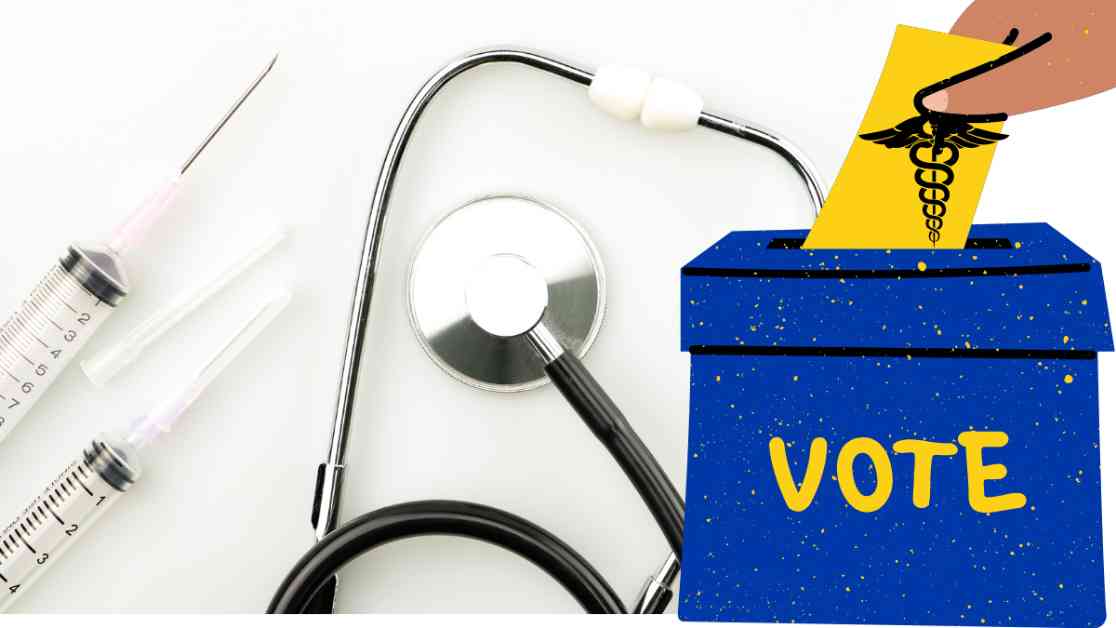The future of American healthcare is a major focal point in the current election campaign. Vice President Kamala Harris and former President Donald Trump have stark disagreements on various health issues that could shape the direction of the nation’s health policies. While Trump’s campaign has been vague about future health care plans, Harris has taken a stance to preserve and protect existing health care access, particularly on issues such as abortion, transgender health care, and insurance coverage.
One key issue at stake is the cost of health insurance for millions of Americans who buy coverage through the Affordable Care Act (ACA) marketplaces. The extra subsidies that have reduced premiums are set to expire by the end of 2025, unless Congress and the next president take action. Harris has pledged to make these enhanced subsidies permanent, while Trump has not made a similar commitment. Letting the subsidies expire could lead to significant increases in premium payments for ACA enrollees, potentially resulting in millions losing coverage.
Another critical health issue in this election is abortion access. Trump has promised to leave abortion policy to the states, potentially reducing access nationwide. In contrast, Harris has vowed to restore the protections of Roe v. Wade and preserve existing protections for abortion rights. The outcome of the election could have far-reaching implications for reproductive health care in the country.
Both campaigns have expressed a commitment to lowering drug prices, but their approaches differ. Harris has proposed expanding drug pricing negotiations and out-of-pocket spending caps, while Trump’s plan is less aggressive. The election result will influence the direction of drug pricing policies, impacting millions of Americans who rely on prescription medications.
Transgender health care is another key issue that could be affected by the election. Trump has signaled intentions to restrict access to gender-affirming medical care, while Harris has supported policies to expand coverage for transgender individuals. The outcome of the election will determine whether transgender Americans continue to have broad protections ensuring access to necessary health care services.
Medicaid, a vital program for low-income and disabled individuals, is also at stake in the election. Harris views Medicaid as crucial for improving health outcomes, while Trump has suggested cuts and changes to the program. The election result will shape the future of Medicaid benefits, impacting millions of enrollees, particularly children and pregnant women.
Additionally, the election could lead to significant changes in biomedical agencies and public health policies. Trump has expressed interest in giving anti-vaccine activist Robert F. Kennedy Jr. a prominent role in health and food policy decisions, which could have far-reaching consequences for public health agencies. The outcome of the election will determine the direction of biomedical agencies and their approach to critical health issues.
In conclusion, the 2020 election presents a pivotal moment for key health issues in the United States. The outcome will influence the future of American health care, including access to affordable insurance, reproductive health care, drug prices, transgender health care, Medicaid benefits, and biomedical agencies. Voters have the opportunity to shape the nation’s health policies by considering these critical issues when casting their ballots.














